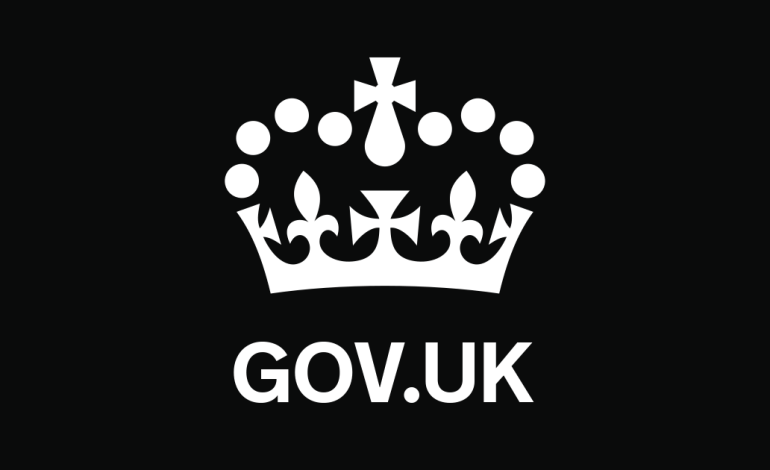
Sir Chris Bryant, Minister for Creative Industries, Arts and Tourism, has reiterated his desire to protect artists amidst the ongoing debate surrounding AI and copyright. He made the comments in the House of Commons on Wednesday, and is his first comment on the issue since Parliament’s Christmas recess.
The House is now sitting, starting with questions to @SciTechgovuk ministers.
Watch today’s proceedings live
— UK House of Commons (@HouseofCommons) January 8, 2025
Responding to East Thanet MP Polly Billington, Bryant emphasised: “We are absolutely determined to make sure that copyright and intellectual property is protected, as it always has been in this country. Our consultation is designed to do two specific things: ensure legal certainty for AI developers and creative industries alike, and to increase licensing of copyrighted material by AI developers.”
When pushed by Billington on how those who rely on copyrighted works will still make a living if companies that train AI could use their work, Bryant used the Artist’s Resale Right (ARR) as an example of how this government would ensure “that there is a future revenue stream for every artist in this country”. In its current form, the ARR applies to physical art such as sculptures, paintings and ceramics, and is only enacted when those pieces are sold through an official market or auction. It allows for a continuous revenue stream, even after they sell their work.
The UK government AI and Copyright Consultation opens today. We want to hear from a wide range of voices. Respond to the consultation to share your views. [Link]: https://t.co/0Aq3JNwyTp pic.twitter.com/bnbXPKTrLV — Intellectual Property Office UK (@The_IPO) December 17, 2024
As part of the government’s response, they have launched a ten-week consultation, promoted by various government accounts on X, in order to gather opinions on how they should respond to the threat AI poses to the UK’s creative industries. One piece of supplementary material provides the government’s objectives, and outlines the four approaches they have considered.
Their objectives are split into three ideals: control, access, and transparency.
Control protects the artist, allowing them to choose what work is available for data mining, and also control over the licensing agreement. This will benefit smaller AI companies who may not have the funds to license material from an artist like Dua Lipa, but could find an agreement with a smaller artist.
Access is about allowing these data mining companies access to high-quality material, without legal and administrative headaches, and therefore making the UK a more attractive place to establish an AI presence.
The final objective, transparency, aims to benefit both sides, with the artist having a full understanding of how they can license their work, and how exactly AI companies can use said work.
As part of this consultation, the government revealed that their preferred approach would be an “opt-out” licensing system, explaining that this approach achieves all three of their objectives. This approach has drawn criticism from high-profile figures in the creative industry, including Sir Paul McCartney and Kate Bush, who argue it undermines artists’ control over their work. Many advocate for an “opt-in” system, requiring explicit consent before materials can be used for data mining, thereby ensuring artists fully understand the risks and benefits, and can come to their own agreements on how their work is used.
The government’s consultation is set to close on March 15, and the results could shape the future of both AI and copyright laws in the UK. While the debate will continue, there is mounting pressure to ensure that an opt-out system will benefit creators, and allow them to continue making a living from their art.
